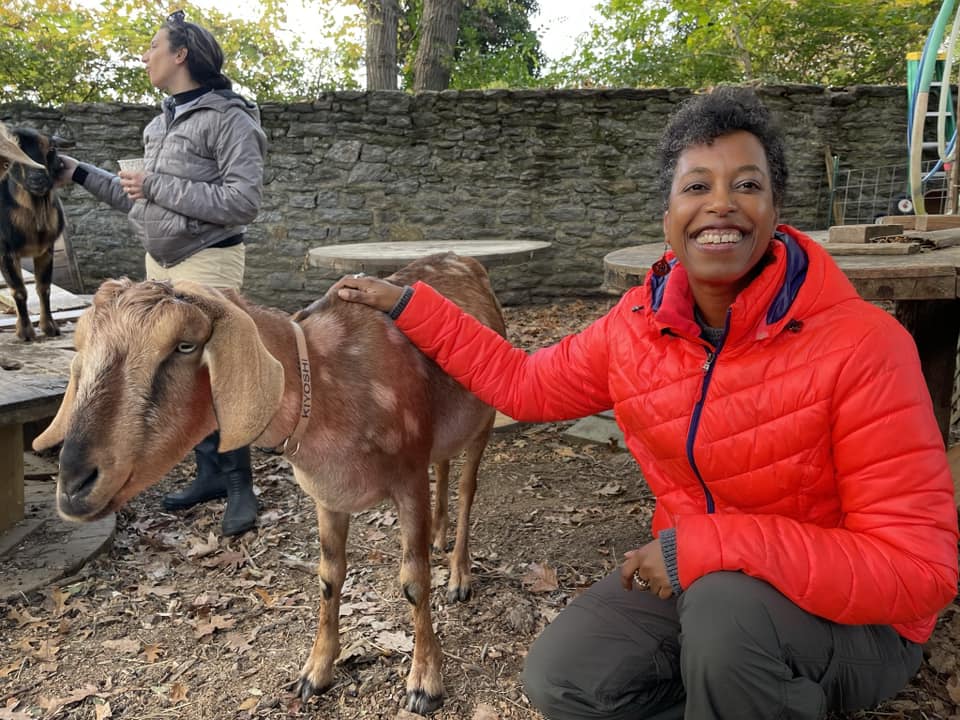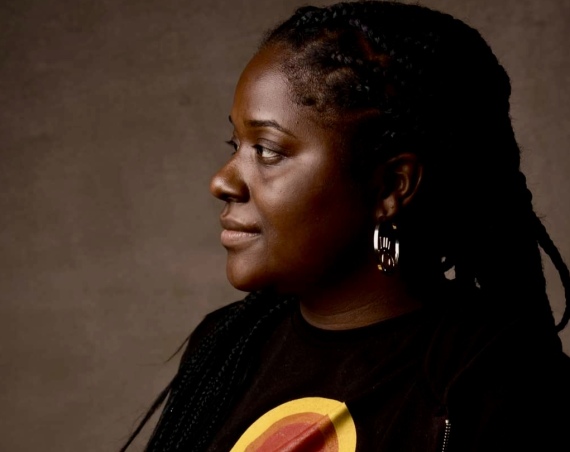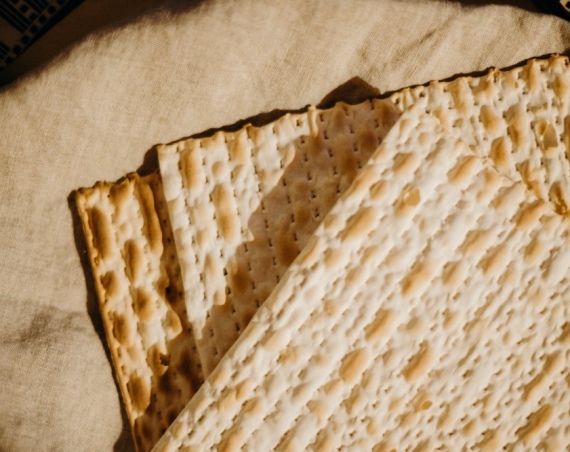
The holiday season is here, and with that may come feelings of sadness and anxiety as we deal with any kind of loss we’ve had throughout the year.
Germantown Info Hub got to talk with Naila Francis, a local grief coach, death midwife, poet, and interfaith minister, to learn what she tells clients and herself about how to deal with grief during this time.
But first, what is a death midwife? And what do they and grief coaches do?
Francis says if you break the term apart, that’s literally what they are doing. It’s really “midwifing the death experience” she said. “We think so much about birth midwives and birth doulas and how they help people to have the kind of birth that they want. And a death midwife does the same thing, helping people to have the kind of death that honors their wishes, honors what they want, honors who they are. And we can do many different things. Some of us work primarily in education, helping people to understand that they don’t always have to just turn everything over to a medical institution or a funeral home, that you actually have choice and agency at the end of your life.”
Francis says a death midwife can help support folks in making decisions about their small to large end-of-life details. Francis says small details could include if they want a window open in their final hours for fresh air, what kinds of smells they would want around them, to what kind of music they might want playing during their life transition. Large details could be if they want to be cremated, if they have a power-of-attorney that can help them with their health and financial decisions, and making sure you have a system in place to give someone access to all your passwords.
As a grief coach, Francis said working with clients is an individual process, but most importantly, the “coaching” isn’t to get to an end goal. “So I look at it primarily as offering people a space to slow down and drop into their grief. Like, when we’re grieving in our everyday lives, so many of us are just in survival mode trying to get through the day, and we don’t have time or space to really think about that,” said Francis. She gives folks tools and practices to help people carry their grief and feel their way through it in a variety of ways.
Francis notes that this time of year can be a real struggle for folks in the grieving process. Some tips from Naila for dealing with grief during this time:
- Honor what your body is telling you. Francis said one of the major ways she got into this work was when she lost her father. She used to be a big Christmas person, but now it’s hard for her to get excited. She even said she often feels a resistance in her body as the holidays get closer. She recommends listening closely to your body and giving yourself the flexibility to move at the pace it tells you to go. “You don’t have to do all the things you normally do just because that’s what’s done. Like, really honor the impulses that your body is giving you to slow down, to rest, to bow out of things. And that doesn’t mean you can’t have joy in moments of celebration and beauty. The other thing people do is sort of make themselves feel guilty if they’re having that.”
- Allow yourself to feel joy. Francis said many people feel guilty if they find joy or beauty in things during the holidays after a loved one has died. But honoring your body is honoring finding joy, too. So embrace the joy that you can find, Francis says because there might be waves of sorrow that are right around the corner. You may feel like you’re betraying the person who has died, says Francis, but being able to feel and step into real joy is another way of honoring the person you have lost.
- Find ways to weave your loved one that you’ve lost into your holiday. “Make space for them, whether you light a candle in their honor next to a photo of them, or you bring out some objects that were special to them, or you make a special recipe that they always made, or you volunteer where they volunteered or donate in memory of them somewhere that would have been meaningful to them or have story shares when family gets together,” says Francis. “What are the stories you can tell about this person? What are the jokes? What are the songs that you can play? What are the ways that you can bring them really close to you?”
- And finally, allow yourself pleasure. Get cozy, says Francis. “People often think that there is no room for pleasure in grief, but really allow yourselves the things that bring you pleasure. And these don’t have to be grand, extravagant things – if you really love just curling up on the couch with cozy socks and a blanket and your favorite book or TV show, do that. If it’s hot cocoa and your favorite treat or going for walks in the wintertime,” said Francis. “Pleasure is one of the ways that we drop into our bodies. And so much of why we avoid our grief is because we’re not in touch with what’s happening in our bodies. So allowing ourselves pleasure also creates more space for us to feel and honor our grief.” Francis says to do what feels nourishing to your spirit; for some, it may be meditation or yoga; for some, it may be dancing or journaling. “Our grief wants somewhere to go, someplace where it can be held,” said Francis.
We’ll share our full interview with Naila Francis on our Germantown Info Hub Radio Hour in January when our radio show returns. In the meantime, you can learn more about Naila Francis and her work on her website: This Hallowed Wilderness.



